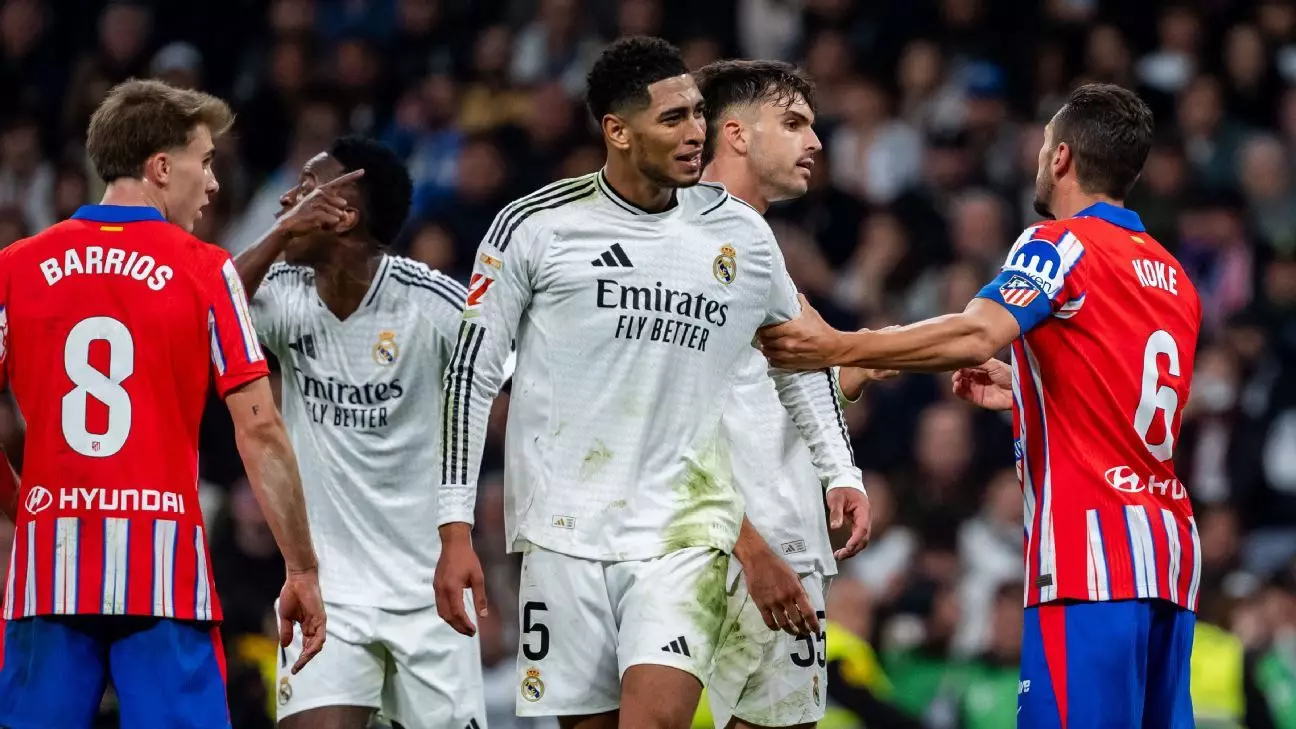In the realm of European football, few contests capture the imagination like the UEFA Champions League. Its unique blend of high-stakes competition and elite football has earned it a revered place in the sports world. With the recent restructuring of its knockout phase, the excitement surrounding the tournament has intensified. This article delves into the new framework established for the round of 16, evaluating its significance, how it is formed, and the implications for participating clubs.
The newly introduced format for the UEFA Champions League comes with substantial alterations that aim to enhance the competitive balance and viewer experience. Previously, teams could face any opponent from the same round without consideration of prior league positions. Now, the first phase of the knockout rounds is divided more distinctly based on teams’ performances in the group stages. The clubs that finished in the top eight of the group stage automatically qualify for the round of 16, while the teams ranked ninth to twenty-fourth have a second chance to progress through a playoff knockout round.
This strategic adjustment places immense importance on the league phase placements. Success in these 6 matches can dictate not only the trajectory of the Champions League campaign but can also affect the types of opponents clubs encounter in the knockout stage. Familiar teams like Liverpool and Paris Saint-Germain have quickly garnered attention for making it to the round of 16, while clubs with a storied European history, like Manchester City, have found themselves unexpectedly battling earlier than anticipated.
On February 21, the draw for the round of 16 unveiled a dramatic slate of fixtures. The matchups signify not just a collision of footballing prowess but a strategic chess game as clubs navigate the potential pitfalls of early elimination. The seeded teams, who will play their second leg at home, were pitted against the clubs emerging from the playoff round.
The matchups included various intriguing encounters, such as the Madrid derby with Real Madrid facing Atlético Madrid, and Arsenal going up against PSV Eindhoven. As clubs prepare for these crucial fixtures scheduled for March 4-5 and 11-12, the narratives surrounding these matchups become essential, dictating tactical approaches and team morale.
The newly established seeding system holds strategic implications that resonate beyond mere matchups. Traditionally, a team’s path to the finals depended heavily on the randomness of the draw. Now, under the new format, the highest-ranked teams are protected from facing each other too early in the competition. This system not only adds accountability to teams’ positions during the league phase but also enhances the spectacle of the later rounds.
The team dynamics are poised to shift significantly as clubs recalibrate their strategies based on their possible opponents and historical rivalries. For instance, suppose Liverpool and Barcelona, who finished first and second in the league respectively, are pitted against each other only in the final. Meanwhile, clubs like Arsenal or Internazionale are kept at bay until the round of semifinals. The draw inherently reduces predictability, yet elevates the importance of maintaining strong performances throughout the tournament.
As the new format of the UEFA Champions League enters its first season, the excitement surrounding the matches is palpable. Clubs find themselves not only in a quest for glory but also manifesting pride and aspirations based on their league standings. This novel approach encourages teams to optimize their tactics over the course of the group stages, making each game pivotal.
The evolution of the Champions League’s knockout rounds reflects an ongoing commitment to enhancing the quality and competitiveness of European football. As the teams prepare for the challenges ahead, fans are left to wonder which giants will stumble and which underdogs will rise, adding another layer of intrigue to this beautiful game we all cherish.

